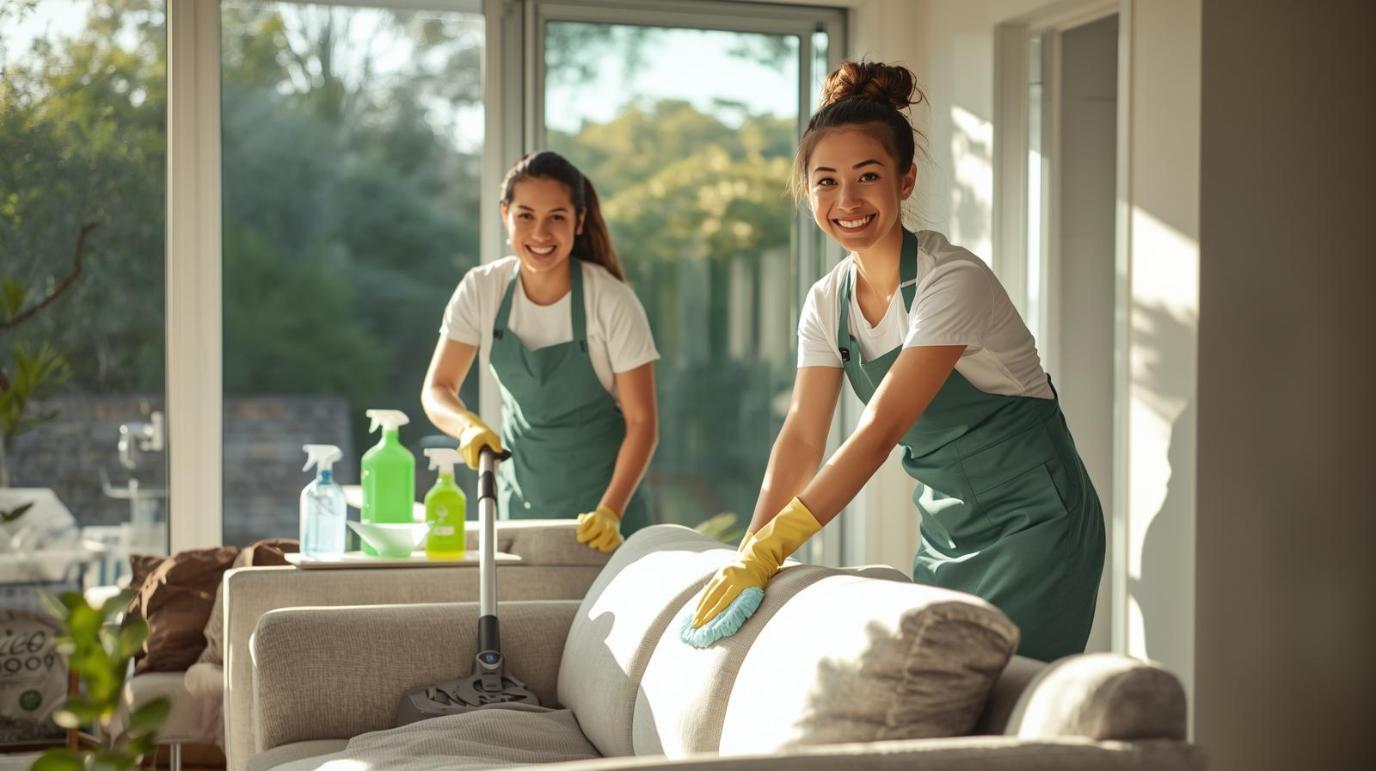
The coastal communities within Queensland have noted an increased interest in how they maintain their homes and businesses, which is reshaping customary practices. A case in point is how certain upholstery cleaning Sunshine Coast services have shifted to adopting climate-conscious practices.
The use of biodegradable cleaning chemicals, low-water-use cleaning tools, and other such practices constitute substantive changes and an earnest effort to lower local carbon footprints, rather than mere changes in the product offering.
This shift is part of the larger environmental movement taking place around the Sunshine Coast, integrating sustainability with community welfare. With a growing awareness of climate change, more consumers are looking for eco-friendly alternatives to their cleaning products.
This has, in turn, increased the need for cleaning services that not only deliver a satisfactory cleaning job but whose practices also have a positive impact on the environment.
Water Efficiency as a Climate Strategy
One of the primary innovations in sustainable upholstery cleaning involves the use of water. Steam cleaning and other traditional remedies are not only inefficient but also use low pressure and a high amount of water. The latest cleaning machines, however, are high-pressure, low-water, and moisture systems.
Such machines are proven to be much more efficient. Not only do they conserve water, but also the energy used for heating and drying water.
Several cleaning operators on the Sunshine Coast are refraining from the use of harmful rinse aids in their practices, in addition to adopting greywater laundering, thus making efforts to ensure harmful byproducts do not enter the local waterways. Such advances are pivotal to a region that appreciates its coastal landscapes and ecological integrity.
Green Products and Lower Carbon Emissions
The increased use of plant-based cleaning products, rather than more traditional arrangements, is another approach to mitigating climate change. Many traditional upholstery cleaning products contain VOCs and add to indoor pollution and climate change. Local cleaning providers are greatly reducing emissions while enhancing indoor air quality as a result of the adoption of non-toxic, biodegradable materials.
The shift to electric or reduced-emission service vehicles also lowers transport emissions, especially when combined with improved route planning. These individual factors may appear inconsequential, but in total, they greatly enhance the region’s efforts toward sustainability.
ALSO READ: 5 Powerful Ways to Use Environmental Movements to Boost Your Instagram Growth
Fostering A Sense of Responsibility
Many cleaning companies train their clients about proper fabric care to promote sustainable practices. Such an approach stretches the useful life of a product and reduces the volume of waste that is disposed of. This shift from ‘replace’ to ‘restore’ vision is more aligned with the circular economy, which emphasizes reducing consumption.
In the Sunshine Coast region, the rapid advancement of eco-civic engagement policies has prompted local councils to use public resources to spur small businesses, forging new partnerships with sustainability organizations, which has fostered eco-certifications throughout the local this Have a Cleaner Sunshine Coast Partnerships region.
A Cleaner Future for the Sunshine Coast
For the Sunshine Coast, doing business with clean upholstery services these days is no longer confined to local economic activities; businesses even see the opportunity to help in the climate change battle. The region, along with the surrounding water systems, is served with a variety of services that utilize balanced educational products, efficiency, and renewable resources.
